The deadline for submissions to the Wellcome Photography Prize is 17 December 2018. In the final editorial in a series that has covered Medicine in Focus, Social Perspectives and Outbreaks, British Journal of Photography explores the personal stories around healing wounds and, more globally, the wider political attitude towards infections.
Ensconced in a foggy, mountainous region in western Cameroon, a small hospital team work tirelessly to treat patients with chronic wounds. Founded in 2008 by Dr Romain Soumélé, the Balaveng Wound Hospital in the Ouest region is the only one of its kind in the local area. In many larger hospitals across Cameroon, doctors and nurses often reject patients with chronic injuries, believing that their suffering is a result of witchcraft. This, in combination with costly treatment and often lengthy healing processes, means that many patients’ wounds go untreated for years, or even decades in some cases.
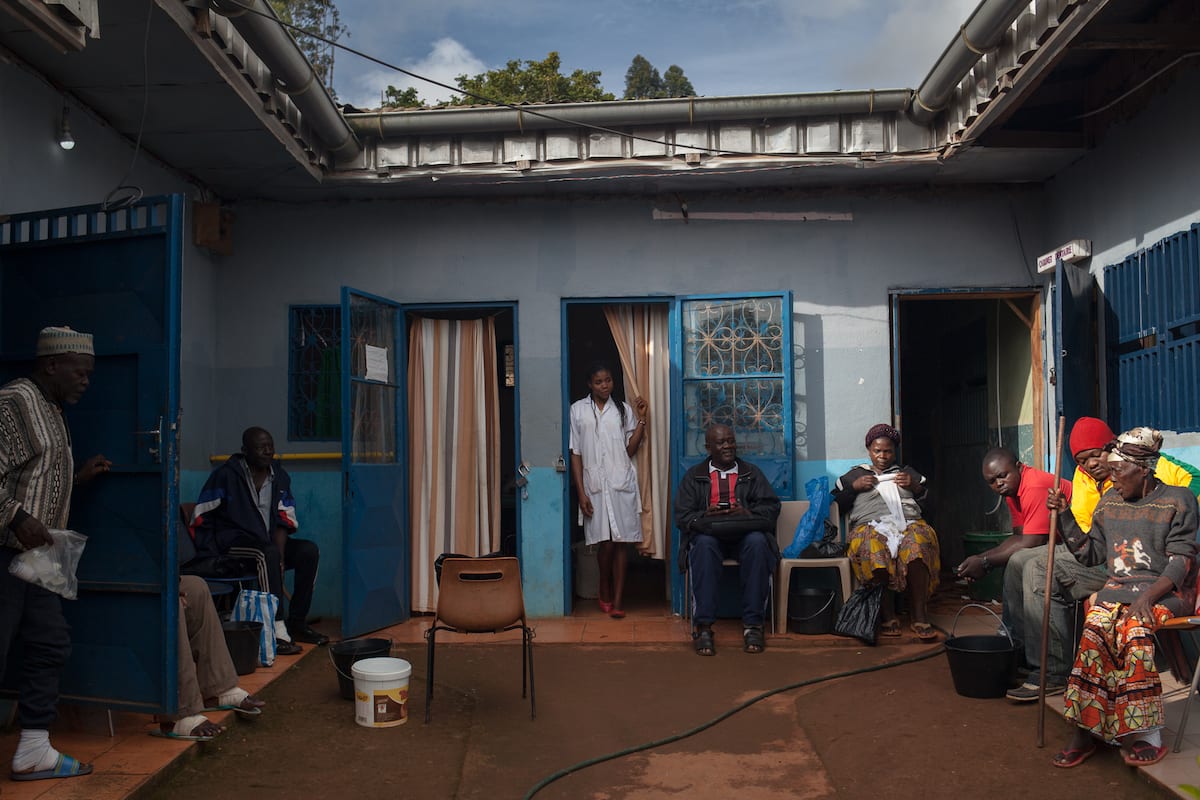
For photographer Adrienne Surprenant, Soumélé’s commitment to improving healthcare services became the motivation behind her profoundly poignant photo series Wound Hospital. A native of Canada, Surprenant spent several years living in Cameroon, experiencing first hand the country’s customs and contemporary cultures. From this vantage point, in July 2018, the photographer began to document the “truth of the wound hospital experience.”
Though the health problem may be specific, the narrative depicted in the images is far from arcane. “I see the series as a global topic. Chronic wounds can happen anywhere. It is estimated that 15 million people suffer from a chronic wound worldwide,” Surprenant explains. “Healthcare systems are completely different around the world, but the burden of living with a condition is similar. It is the experience of living with a condition that I hope to communicate.”
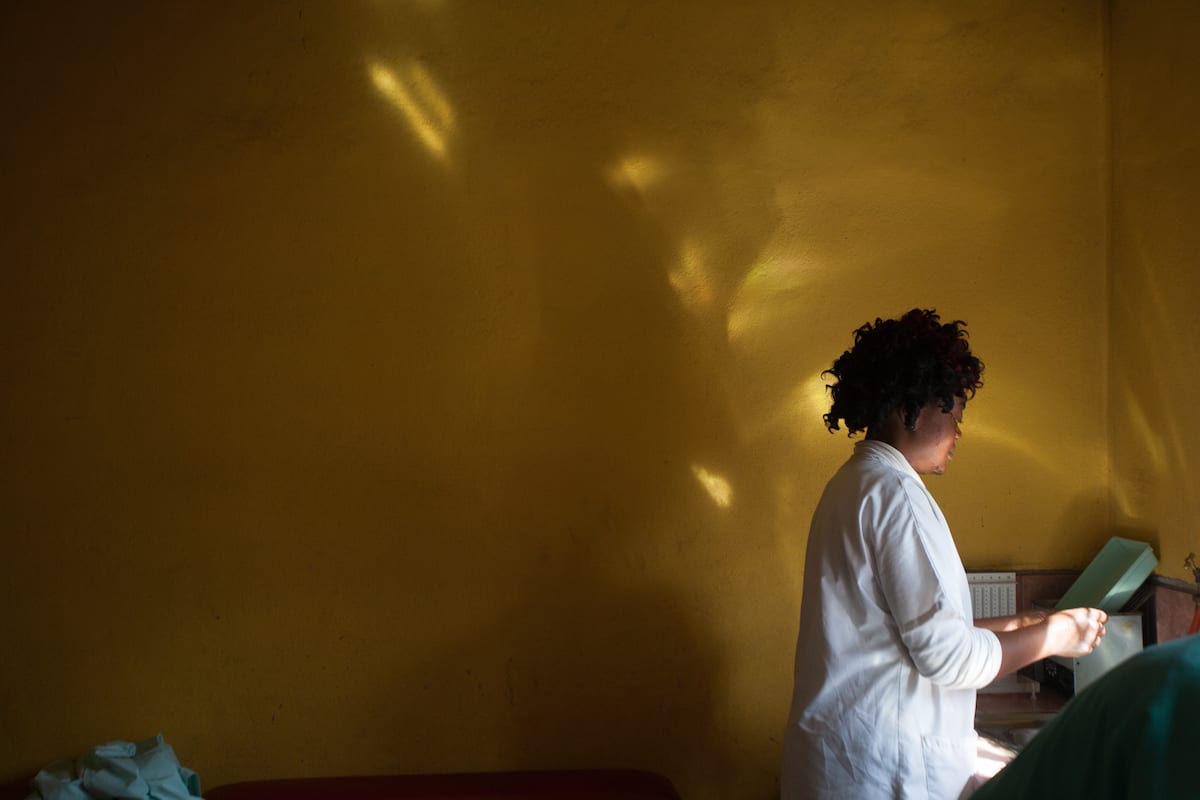
It was important to Surprenant that the series honestly communicated the realities of living with a wound. “I spent a long time talking to everyone about their wounds, but also about other things; from what they miss about their home village, to Cameroonian politics,” she says. “I only take the portrait once I know the person a bit better, and when they know me. It’s all about trust.” In part, it is this unique perspective that allowed Surprenant to deliver such a tender portrayal of recovery. “My role as a photographer is to be a receptor to those human feelings when people want to share them,” she says. When photographing such a delicate subject, did the camera ever create a barrier? “Hanging on my shoulder, the camera does not block any human feeling that can be felt and shared in a small hospital room,” she says.
Fostering intimate relationships with patients comes with a degree of responsibility. Surprenant stresses that when photographing vulnerable individuals, being respectful is crucial: “Often I did not shoot, if I could feel it was too hard, or if it could be disrespectful to the person, such as during bandage changes. We always have to remember to be humans before photographers and to know when to turn our lens down.”
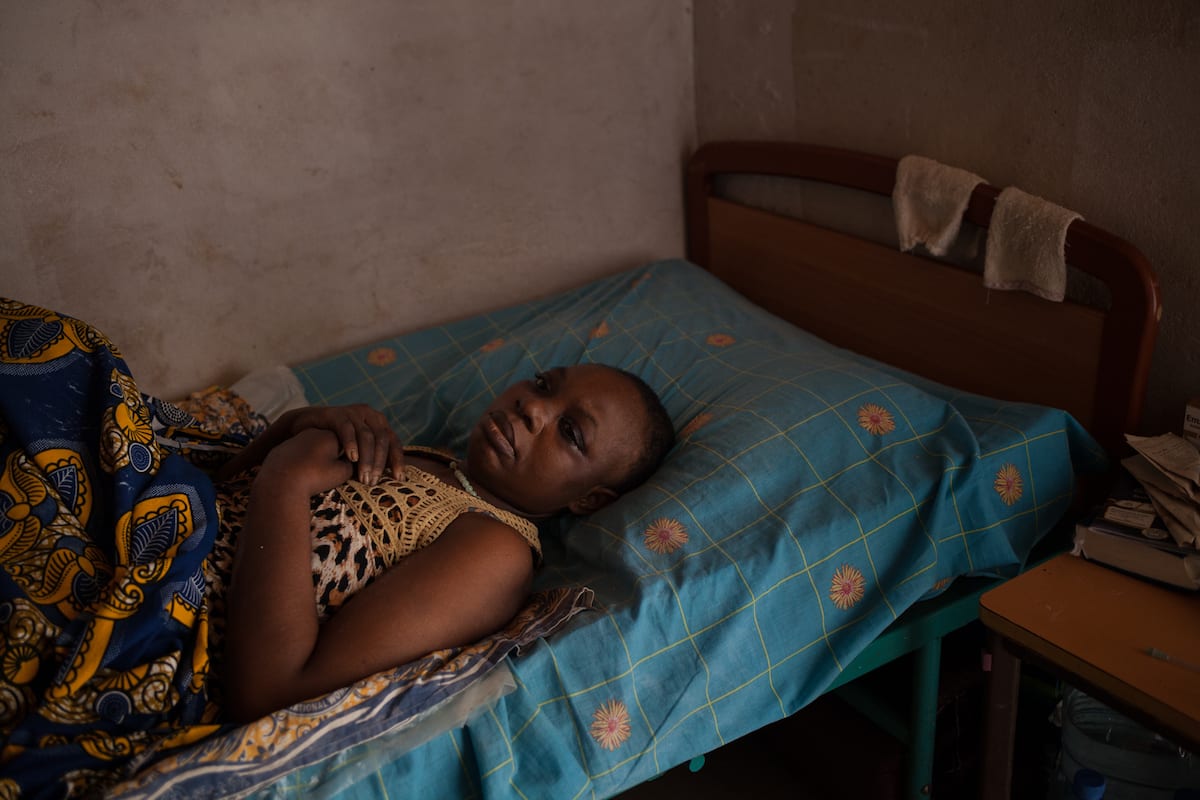
Wound Hospital, through its sensitive depiction of treatment and recovery, subverts Cameroonian expectations and stereotypical images about wound-related health issues. “The patients agreed that in talking to me and informing others, they were breaking a taboo,” says Surprenant. At the same time, the photographs serve as a tool for the subjects to deconstruct negative self-perceptions. In one photograph, a patient named Alice – wearing intricately patterned clothing, arms clutched protectively over her chest – gazes forlornly into the distance. “When she saw herself, she said with tearful eyes ‘I did not know I was still that beautiful’,” recalls Surprenant. “Alice is paralyzed and has bedsores, but she remains a wonderful human being and a strong woman.” The photographer is currently working on a new commission on Dengue virus across three different continents for Wellcome Photography Prize’s 2019 theme Outbreaks. She hopes that when she returns to Cameroon she will be able to show the photographs to more of the patients and elicit further responses.
While a number of images in the series may, in their candidness, make uncomfortable viewing Wound Hospital is shrouded in a serenity and stillness which outweighs any associations with gloom. At Balaveng Wound Hospital, 20-year-old ulcers, large bedsores and infected wounds are a common sight. Yet through Surprenant’s lens, the patients and their injuries are optimistic and empowering: the experiences and narratives depicted in Wound Hospital can be seen as a microcosm of healing across the world.
–
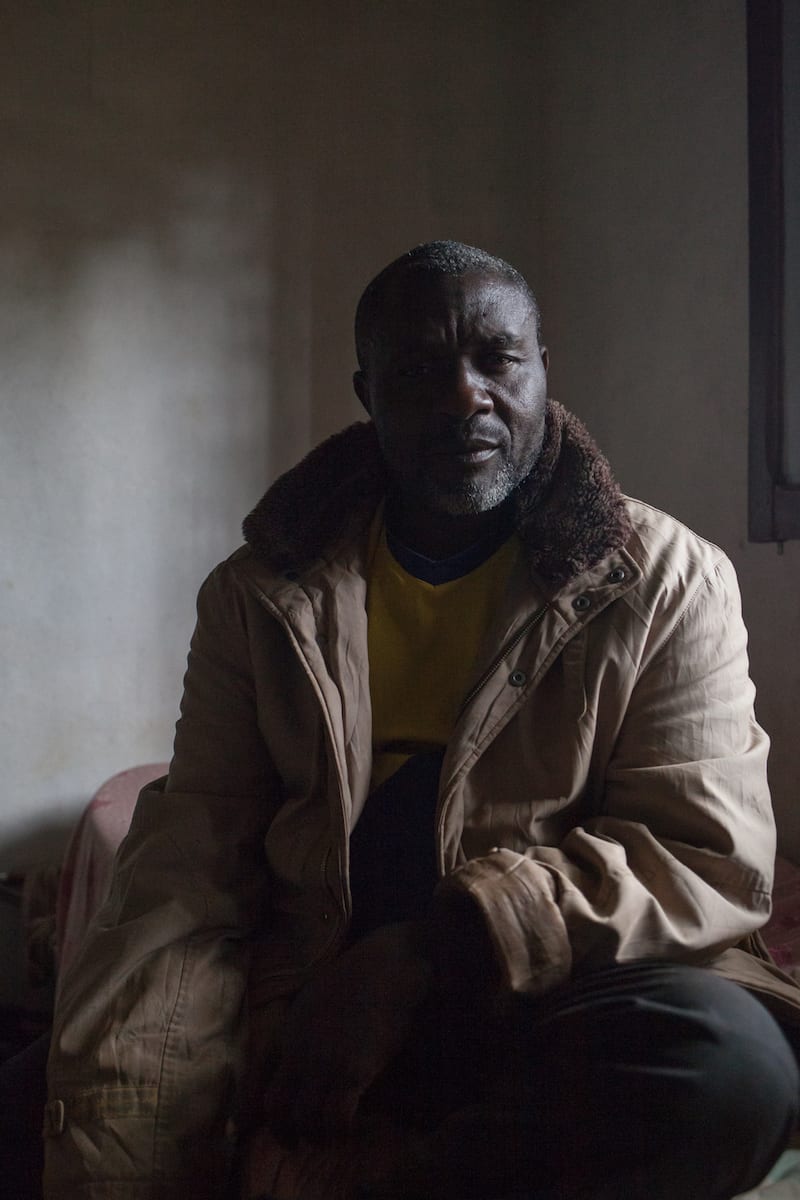
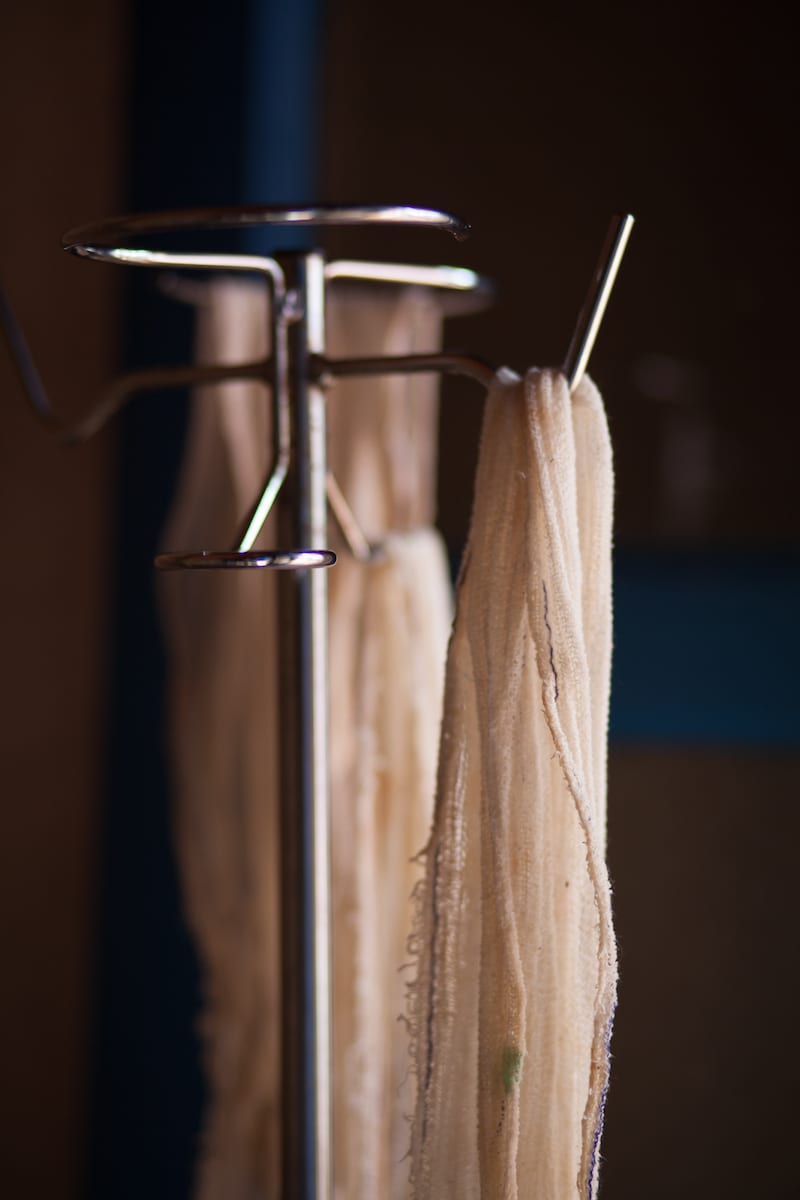
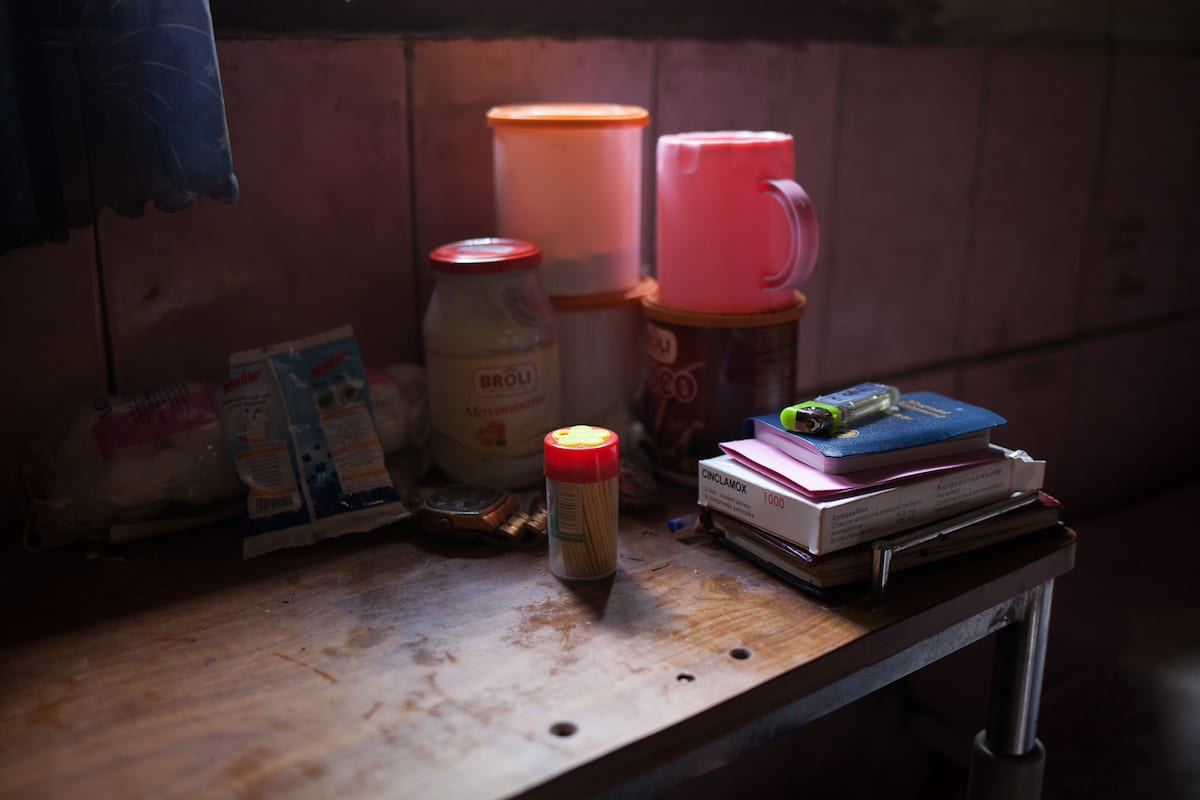
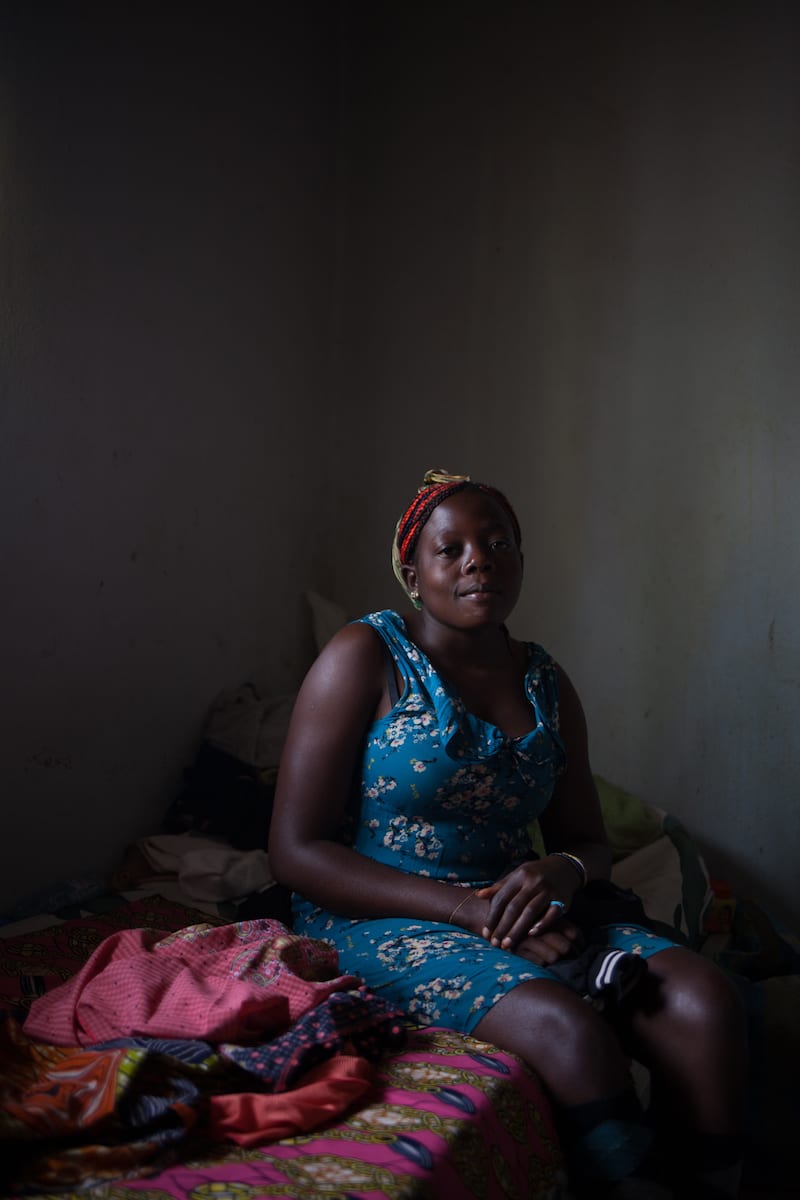
Surprenant’s encounters allow her to tell a bigger tale: one that “opens the door to discussions” surrounding wounds in Cameroon and beyond. The Wellcome Photography Prize – a competition run by Wellcome Trust in partnership with British Journal of Photography – similarly seeks submissions that capture the impact health issues have on people and communities worldwide.
With under one week left to submit, enter the Wellcome Photography Prize today! The deadline for submissions is 17 December 2018.
–
This article is supported by Wellcome. Please click here for more information on sponsored content funding at British Journal of Photography.
